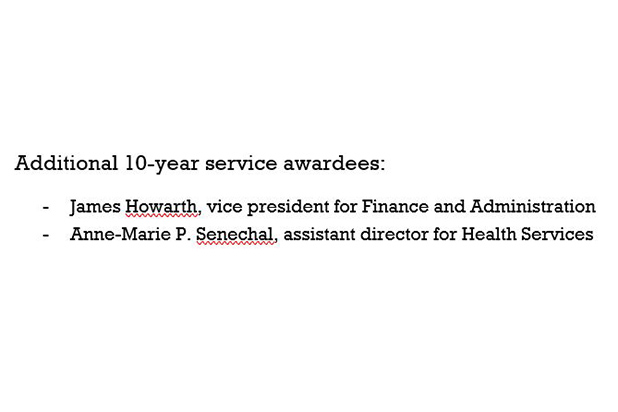
Moreover, it has pledged to restore popular confidence in government and purge many of the people and practices that have kept Armenia stalled and its potential unrealized. Although still very much in the early days, the country’s new leadership seems determined to bring it into the future by implementing a similar scale of reforms and anti-corruption measures that brought Georgia out of the dark days of its past. Ignited by student protests early in the year and building upon a popular groundswell of disillusionment and anger with corrupt and entrenched political practices and poor standards of living, Armenia underwent its own “velvet revolution” in May, electing the reformist Prime Minister, Nikol Pashinyan. Last year, however, that seemed to change. However, in comparison to its neighbor Georgia, Armenia appeared to be slowly stumbling along in fits and starts, taking one step forward that was often countered by several steps back.

At the same time, Armenia has attempted to counter this narrative of Russian control by entering into a variety of cooperative economic and foreign policy agreements with the EU and NATO. Armenia also maintains a cooperative defense agreement with Moscow that has, in the past, appeared to grant Russia outsized influence on Armenian defense and foreign policy. Russia maintains a military base in Armenia and has been the main supplier of Armenian defense equipment, particularly for the standoff with Azerbaijan over Nagorno-Karabakh.

Perhaps more so than any other country in the region, Armenia has had to perform a delicate balancing act between Russia and the West, which for years has kept the country hamstrung both economically and politically. One of the biggest surprises on this year’s FSI, however, was Armenia, which improved by nearly three points overall. Overall, looking at across-the-board improvements over five- and ten-year FSI trends, Georgia has emerged as the top performer, a testament to how very far it has come since the bleak days of 2008-2009. It also has steadily worked to improve its legal and regulatory frameworks, encouraging more foreign direct investment in the country and opening its economy to businesses outside of the region. In late 2018, despite concerns over harassment of civil society organizations and corruption related to the use of administrative resources, Georgia elected the first female president in the region.
BALANCING CAUTION OPTIMISM FREE
On the democracy front, Georgia has also made steady progress, holding successive presidential and parliamentary elections over the years that have been declared mostly free and fair by international observers.

Following an expected worsening across most FSI indicators in 2009, after the Russian incursion into Georgian territory, the country has managed to cut the infant mortality rate by half since 2008, decreased poverty rates by nearly 40% between 20, while homicide rates, once one of the highest in the region, have fallen by 90% over the past decade. Georgia, sixteen years after the Rose Revolution, and almost 11 years after a Russian invasion that nearly drew in NATO allies and plunged the region into war, continues to make slow but steady progress. This is most apparent in two countries in particular: Georgia and Armenia. In 2018, however, there was cause for cautious optimism in a region where the ghosts of superpowers past and present continue to exert outsized influence. These so-called “frozen conflicts” have further created wide swaths of no-go zones in the South Caucasus, making travel and trade between and among the countries costly and complicated. This has had deleterious effects not only on any attempts to unify the region, but is also a constant strain on the economy, more so in Armenia than oil-rich Azerbaijan. In Armenia and Azerbaijan, a long simmering conflict over the disputed region of Nagorno Karabakh continues to periodically erupt in violence, and keeps the two countries locked in a semi-permanent war posture. In Georgia, two breakaway regions remain under Russia’s sphere of influence, and firmly outside of Tbilisi’s control. In addition to being a pivotal region for the economic and security interests of the West and Russia, the South Caucasus has had its own regional and internal challenges over the past two decades. It is also a land where the echoes of the Cold War continue to play out decades after the collapse of the Former Soviet Union and the realignment of the global world order. Straddling Europe and Asia, the South Caucasus has long been considered a region of strategic importance for past empires and modern-day superpowers.


 0 kommentar(er)
0 kommentar(er)
